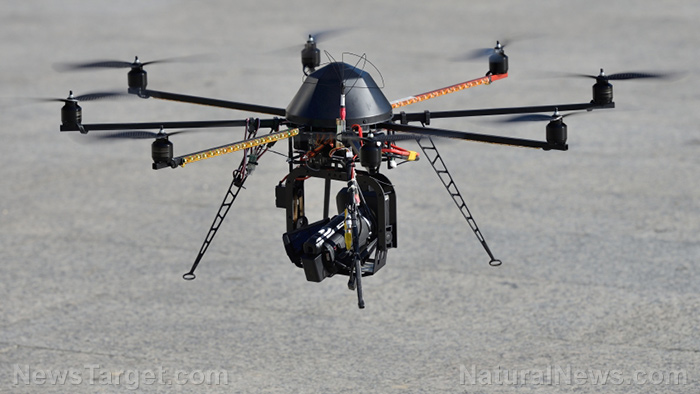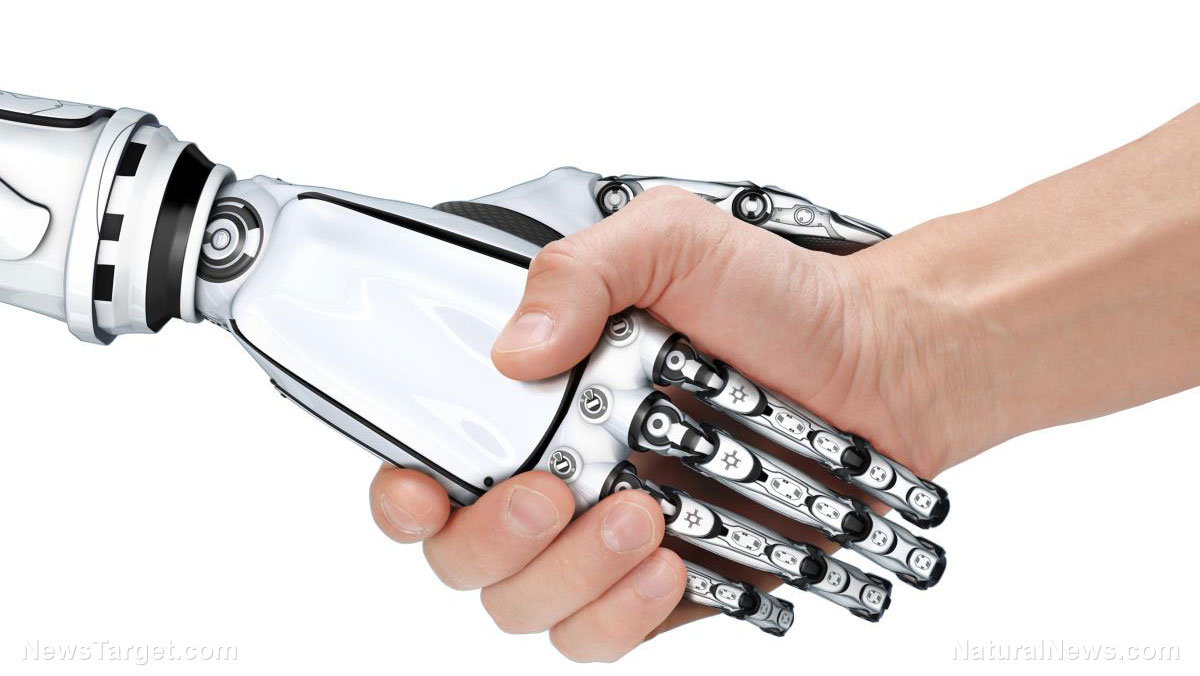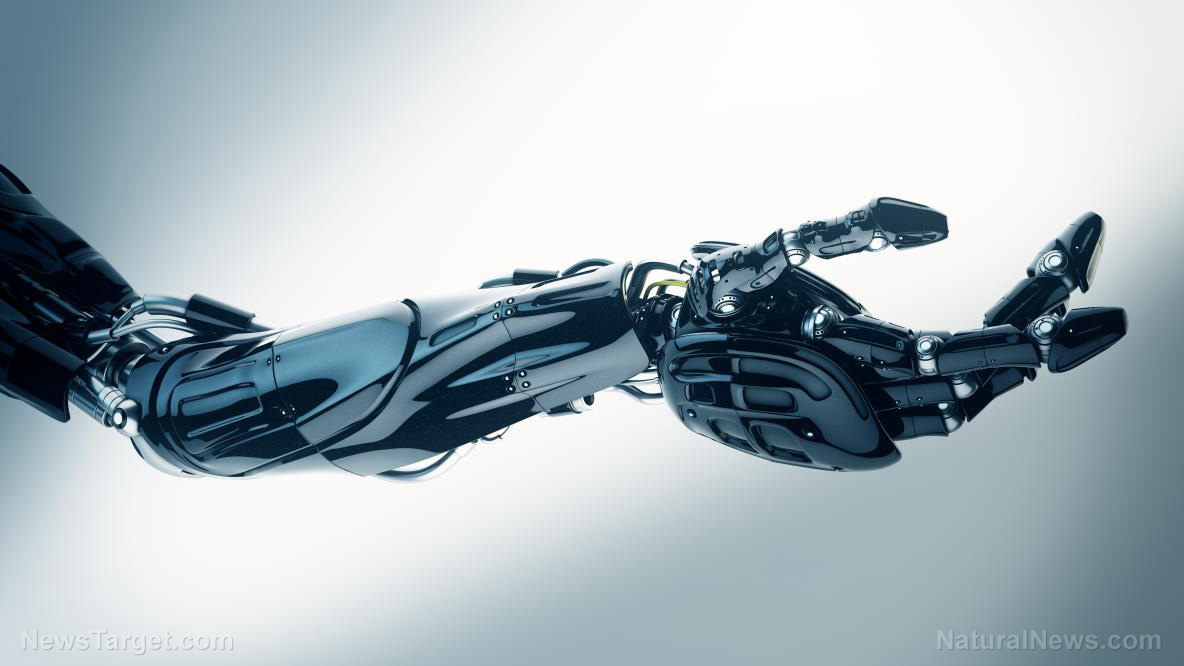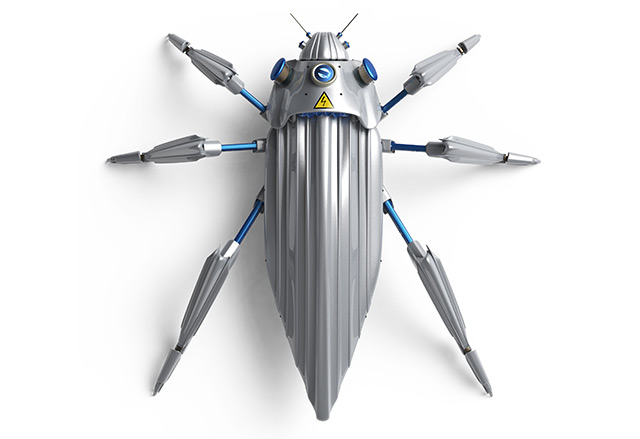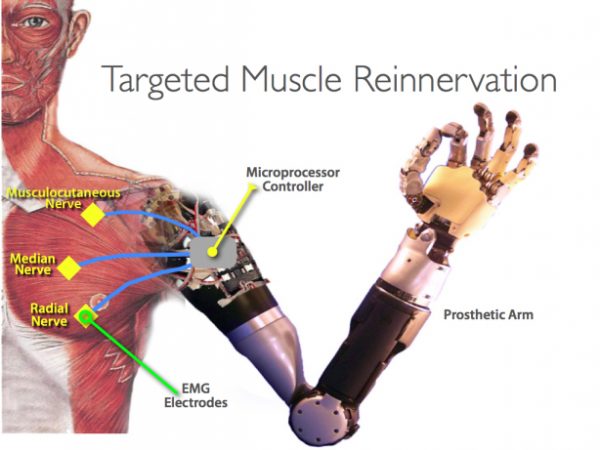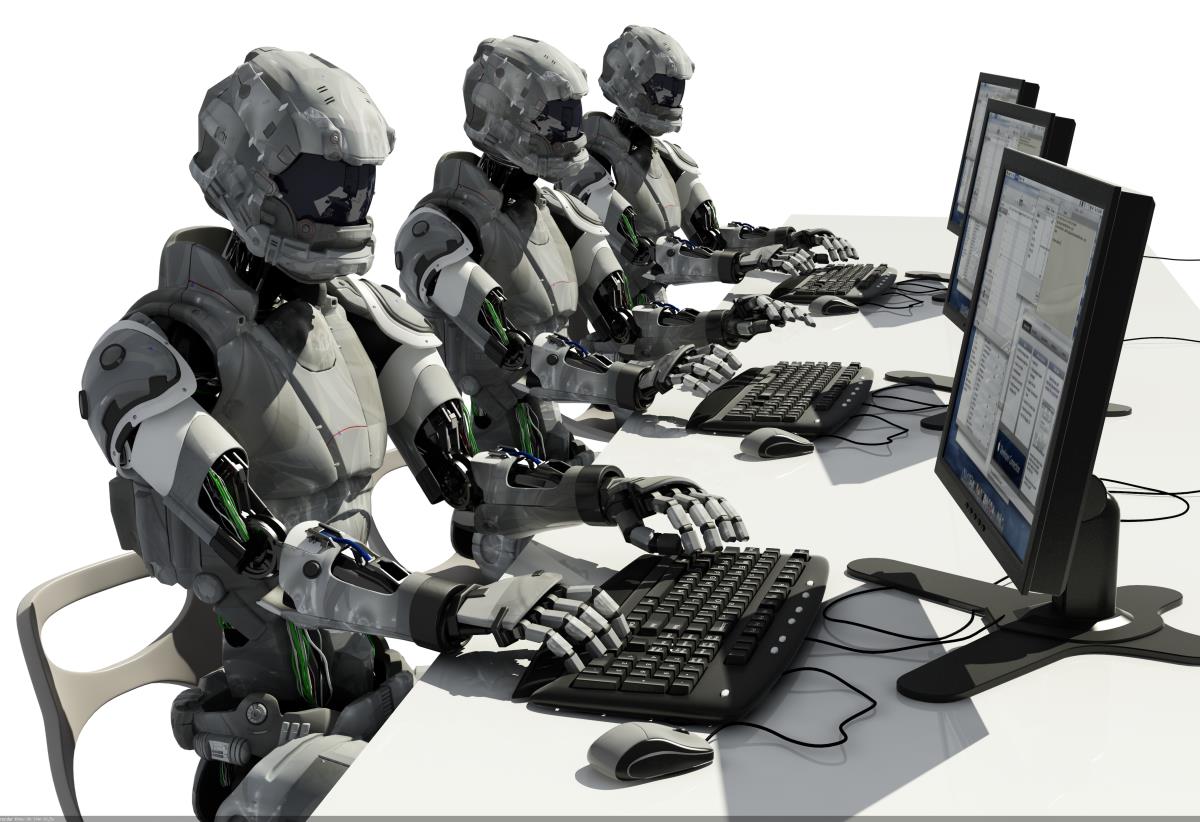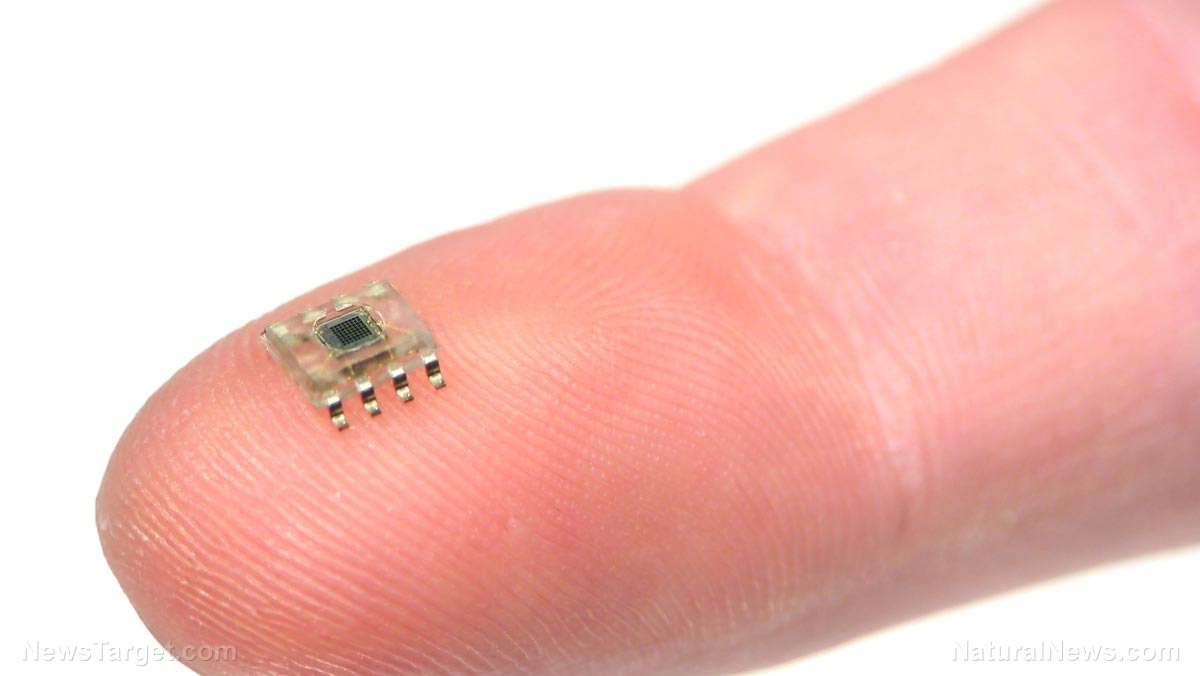Japanese researchers develop robots that can “sweat” and perform human exercises
08/22/2018 / By David Williams
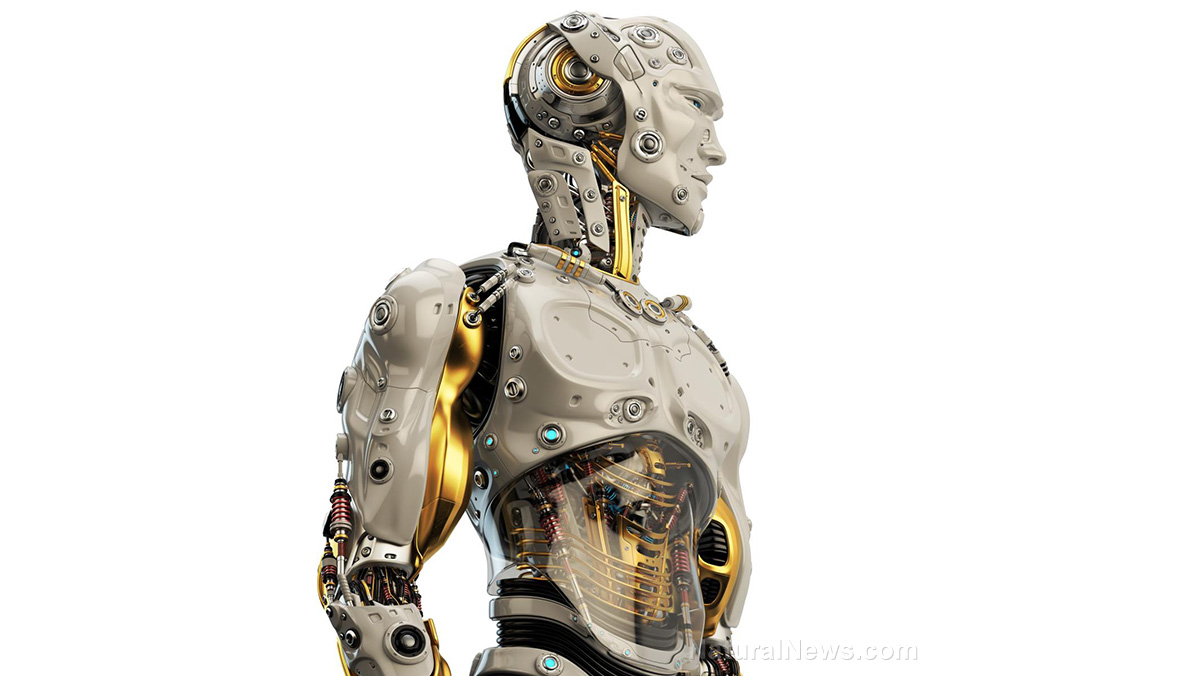
Robots come in all shapes and sizes, and could affect human lives in all sorts of ways. There have been many attempts to create humanoid robots which mimic many of the natural abilities possessed by humans, but so far, none of them have been very successful. But now there are a couple of robot creations from Japan that show great promise. Both can do various physical activities and one of them can even break into a sweat.
According to a recent report from The Japan Times, a team of Japanese researchers were able to create two humanoid robots and designed them to perform a few basic physical activities. The robots, named Kenshiro and Kengoro, were featured with details of the project that birthed them in a recent issue of the U.S. journal Science Robotics.
The two robots were built by Yuki Asano with the help of colleagues from the graduate school of information science and technology at the University of Tokyo. According to the team, they were designed specifically to mimic human systems, such as human muscle and bone movements.
Development of the two humanoid robots reportedly started separately. First, the Japanese team worked on the robot named Kenshiro between 2011 and 2014. Meanwhile, development on the second humanoid robot named Kengoro didn’t start until 2015. Both robots were built with the main purpose of mimicking body proportions, skeletal structures, muscle arrangements, and even joint performance of average humans.
In an email interview with The Japan Times, Asano said that they relied on 3D printing to create essential parts for their humanoid creations. To be more specific, their team used a “sponge-like metal material” that they crafted from a 3D printer, and then used as a part of the skeletal structure. He also mentioned how they added a novel cooling system that mimics the way humans use sweat to reduce body heat.
“We have designed a cooling sytem that makes water seep through the material and evaporate,” said Asano. This allowed them to put an artificial sweating mechanism in Kengoro, which allows it to better release heat generated from physical activity.
The physical activities performed by both Kenshiro and Kengoro include push-ups, sit-ups, and stretches. Their designs – which feature five-fingered hands and feet that can naturally touch the ground – undoubtedly help tremendously in making these possible. These are major feats for both humanoid robots, particularly Kengoro, which stands 167 cm tall and weighs 56.5 kg.
According to Asano, they are hoping that this technology will lead to a better understanding of the human body and brain. “Our sensor data can point to which muscles contribute to specific physical activities,” he said. “We hope such data can be applied in the fields of medicine or athletics, where insight gained can be utilized for rehabilitation and training.”
Some parts of the humanoid robots, such as several motors in their aluminum bodies, are seemingly ordinary and unimportant. But according to the team, they are actually what allows amazing flexibility that enables the performance of various physical activities. They said that earlier versions of humanoid robots have never been able to achieve these, so Kenshiro and Kengoro’s feats are indeed major accomplishments.
For now, the research into the technology that enables these developments will continue, until such time that the researchers can determine that they’ve gathered enough findings. They aim to exhaustively study the material at hand and draw conclusions that can provide useful applications in the real world.
Read more about robotics by visiting Robotics.news today.
Sources include:
Tagged Under: Android, humanoid, robot, robot research, robotics


